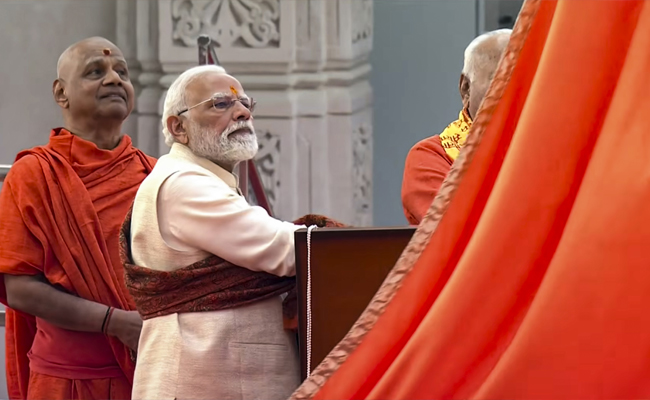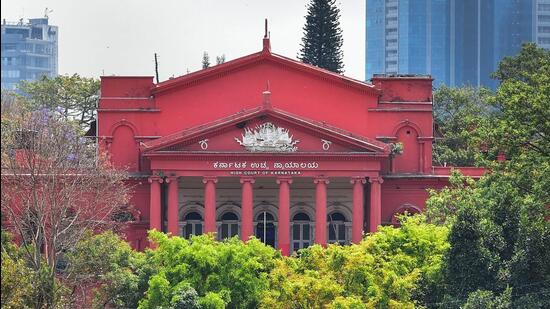New York: Indian journalist Rana Ayyub was on Wednesday received the prestigious John Aubuchon Press Freedom Award at the 2022 Fourth Estate Award Gala.
The award is conferred by the National Press Club of Washington DC and is the club’s highest honor of Press Freedom.
This year’s Aubuchon #pressfreedom international honoree is Rana Ayyub! She is an investigative journalist living in India and a Washington Post Global Opinions contributor, the NPC Journalist Institute wrote in its tweet.
“We are pleased to name Rana Ayyub the 2022 John Aubuchon Award International Honoree. Ms. Ayyub’s courage and skill in investigative work has been evident throughout her distinguished career and her criticism of the government has been met with an unwelcome assault on her rights and freedom of expression.” National Press Club President Jen Judson and National Press Club Journalism Institute President Gil Klein had said earlier this year while announcing Rana Ayyub’s name for the award.
Ayyub after her name was announced in July 2022, dedicated the award to her colleagues who are lying in different prisons across the country. “Dedicating this to my colleagues Mohd. Zubair, Siddique Kappan, and Asif Sultan incarcerated for speaking truth to power,” she had said.
In her acceptance speech on Wednesday, Rana Ayyub said that there is no free press in India anymore. “I’m here, trying to feel less alone at a time I feel very lonely” she added in her speech.
"I happen to be a Muslim & a woman. How dare I speak? ... Thank you for making me feel less alone & isolated." She further added.
Let the Truth be known. If you read VB and like VB, please be a VB Supporter and Help us deliver the Truth to one and all.
New Delhi (PTI): Prime Minister Narendra Modi on Thursday lauded the reduction in the incidence of tuberculosis in India since 2015, which was twice the global rate of decline and credited it to the expansion of treatment coverage.
India's TB incidence, which refers to new cases emerging each year, reduced by 21 per cent, from 237 per lakh population in 2015 to 187 per lakh population in 2024, according to the World Health Organisation's Global TB Report 2025.
The reduction is almost double the pace of the decline observed globally at 12 per cent, the Health Ministry said.
"India's fight against TB is achieving remarkable momentum. The latest WHO Global tuberculosis report 2025 highlights that India has recorded a commendable reduction in TB incidence since 2015 and it is nearly twice the global rate of decline," Modi said in a post on X.
The Prime Minister said the decline in incidence of TB in India was one of the sharpest drops seen anywhere in the world.
"Equally heartening is the expansion of treatment coverage, the fall in 'missing cases' and the sustained rise in treatment success. I compliment all those who have worked towards achieving this success. We remain committed to ensuring a healthy and fit India," Modi said.





